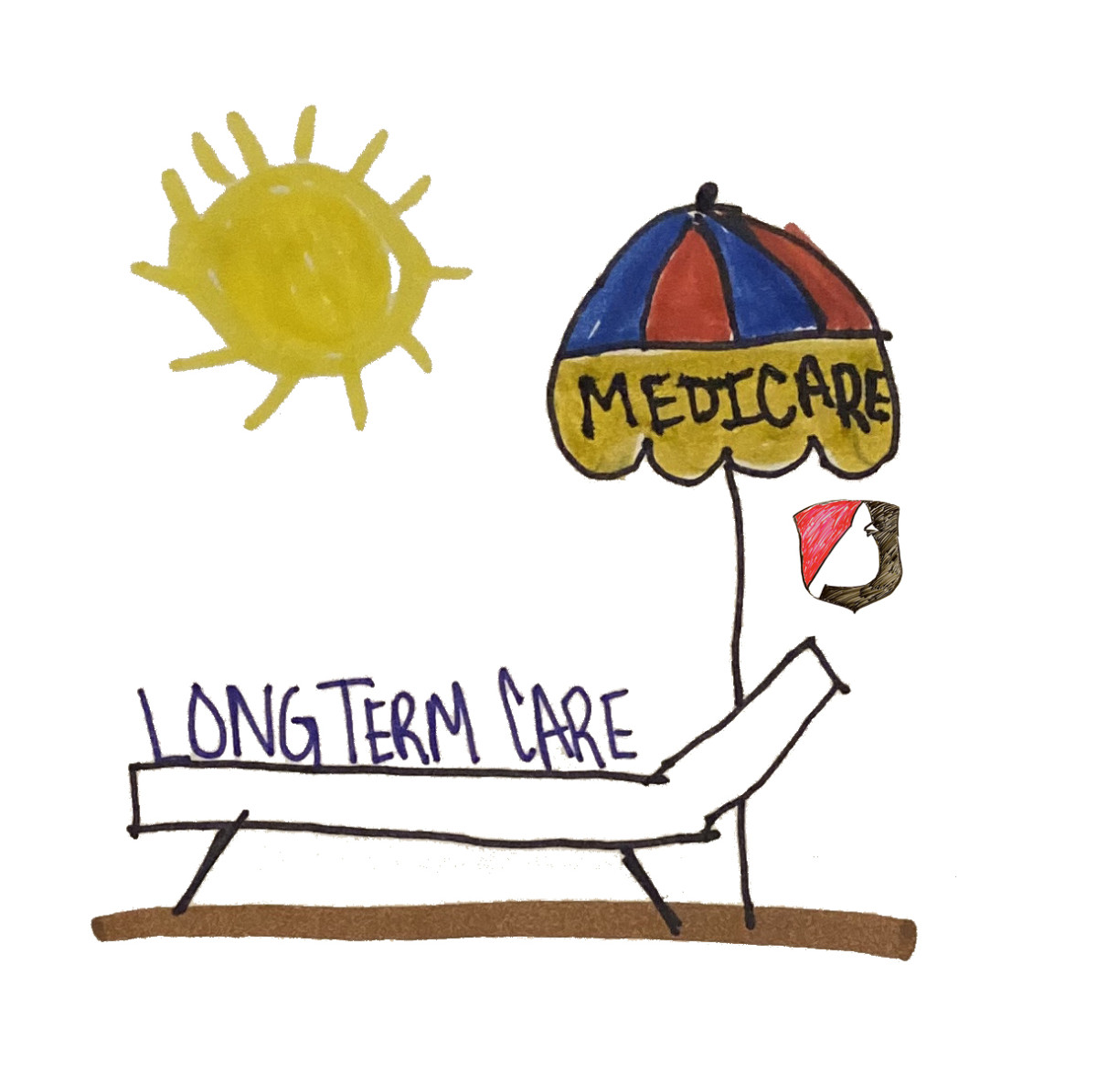
You may have noticed that your loved one is losing their mental abilities. There are many different tests that can assess cognitive, memory and attention functions. These tests are performed by a doctor and can help determine if you or your loved ones have any symptoms of dementia. These tests may also help your doctor rule other medical conditions, such as anaemia and vitamin deficiency.
One of the most common tests used for diagnosing dementia is the Mini-Mental State Examination (MoCA), a set of 11 cognitive tests designed to assess memory, thinking, and other aspects of cognition. This test is available at your doctor's offices. You may be referred for further testing depending on your particular medical condition. A specialist will examine you the same as a general doctor, but will provide more detailed information.
Your doctor might also run blood and urine tests that can detect nutritional deficiencies. Precivity AD, a blood test that looks for changes in the levels of amyloid in your blood, is one example. Those who have this protein in their blood are at a higher risk for Alzheimer's disease.

Brain imaging can be used to detect tumors, blood vessels, and other structural changes in the brain. Some scans may also show signs of brain tissue loss. This could indicate stroke or vascular disease.
Patients with memory and thinking problems can now be evaluated using blood tests. They must be done in a controlled way and they aren't yet standard. However, more research is needed before they are routinely used at medical clinics.
An extensive review of your family and medical history can reveal clues about your risk for dementia. During the examination, your physician will also ask you a variety of questions about your current health, recent illnesses, and your home life. To help assess your ability recall and process information, the physician may ask you to perform mental exercises.
Additionally to these tests, your doctor may refer you for further evaluation to a memory care clinic and/or specialist. It can be intimidating to visit a specialist but it will give you a more detailed evaluation of your situation. The 7-minute screen (7MS) may also be requested. This screening test is intended to detect early signs of mild cognitive impairment. It should be accompanied by other testing to ensure that your physician has an accurate diagnosis.

You or someone you love is experiencing dementia symptoms, it's important to get treatment immediately. Multiple new treatments are being investigated for dementia. Both medication and physical therapy can improve your quality life.
FAQ
What is the difference of a doctor and physician?
A doctor is a person who has successfully completed their training and is licensed to practice medically. A physician is a doctor who specializes in a particular area of medicine.
What is my role within public health?
Participating in preventive efforts can help to protect your own health and that of others. By reporting illness and injury to health professionals, you can improve public health.
What are the different types of health insurance?
There are three types of insurance that cover health:
-
Private health insurance covers most costs associated with your medical care. This type insurance is often purchased directly by private companies. Therefore, you will pay monthly premiums.
-
Although most medical costs are covered by public insurance, there are certain restrictions. Public insurance doesn't cover everything.
-
To save money for future medical expenses, medical savings accounts (MSAs) can be used. The funds are held in a special account that is separate from any other kind of account. Many employers offer MSA programmes. These accounts are not subject to tax and accumulate interest at rates similar bank savings accounts.
What does it mean to "health promote"?
Promoting health is about helping people live longer and stay healthy. It is more about preventing illness than treating it.
It includes activities such as:
-
Eat right
-
Get enough sleep
-
exercising regularly
-
Being active and fit
-
It is important to not smoke
-
managing stress
-
keeping up with vaccinations
-
Alcohol abuse prevention
-
Regular screenings and checks
-
Learning how to manage chronic diseases.
Who owns the healthcare system?
It all depends how you view it. Public hospitals may be owned by the government. Private companies may run private hospitals. Or a combination.
Statistics
- The health share of the Gross domestic product (GDP) is expected to continue its upward trend, reaching 19.9 percent of GDP by 2025. (en.wikipedia.org)
- Foreign investment in hospitals—up to 70% ownership- has been encouraged as an incentive for privatization. (en.wikipedia.org)
- The healthcare sector is one of the largest and most complex in the U.S. economy, accounting for 18% of gross domestic product (GDP) in 2020.1 (investopedia.com)
- For the most part, that's true—over 80 percent of patients are over the age of 65. (rasmussen.edu)
- Consuming over 10 percent of [3] (en.wikipedia.org)
External Links
How To
What are the 4 Health Systems
Healthcare is a complex network that includes hospitals, clinics and pharmaceutical companies as well as insurance providers, government agencies, public officials and other organizations.
This project had the overall goal to create an infographic to explain the US's health care system to anyone who wanted it.
These are some key points.
-
Healthcare spending is $2 trillion annually, representing 17% of the GDP. It's nearly twice the size as the entire defense budget.
-
Medical inflation was 6.6% in 2015, higher than any other category of consumer.
-
Americans spend an average of 9% on their health costs.
-
There were more than 300 million Americans without insurance as of 2014.
-
Although the Affordable Healthcare Act (ACA), was passed into law, implementation has not been completed. There are still many gaps in coverage.
-
A majority of Americans believe that there should be continued improvement to the ACA.
-
The US spends the most money on healthcare in the world than any other country.
-
Affordable healthcare would mean that every American has access to it. The annual cost would be $2.8 trillion.
-
Medicare, Medicaid, as well as private insurers, cover 56% all healthcare expenditures.
-
People don't have insurance for three reasons: they can't afford it ($25 Billion), don’t have enough time to search for it ($16.4 Billion), and don’t know about it ($14.7Billion).
-
HMO (health care maintenance organization) is one type of plan. PPO (preferred provider organizational) is another.
-
Private insurance covers almost all services, including prescriptions and physical therapy.
-
The public programs cover outpatient surgery as well as hospitalizations, nursing homes, long term care, hospice, and preventive health care.
-
Medicare is a federal program which provides senior citizens with coverage for their health. It covers hospital stays, skilled nursing facility stay, and home healthcare visits.
-
Medicaid is a joint federal-state program that provides financial assistance for low-income individuals or families who earn too little to qualify for other benefits.